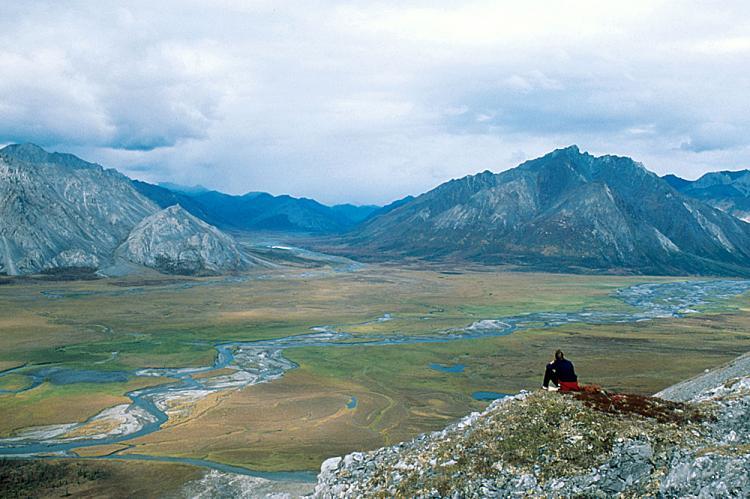An auction for rights to drill in northern Alaska’s Arctic National Wildlife Refuge will likely be tendered to oil and gas developers in the next few months, the Interior Department has said after releasing its final environmental assessment.
Under the 2017 Tax Cuts and Jobs Act, signed into law during the Trump administration, the federal government was required to hold two auctions for the right to drill in the reserve by the end of 2024.





